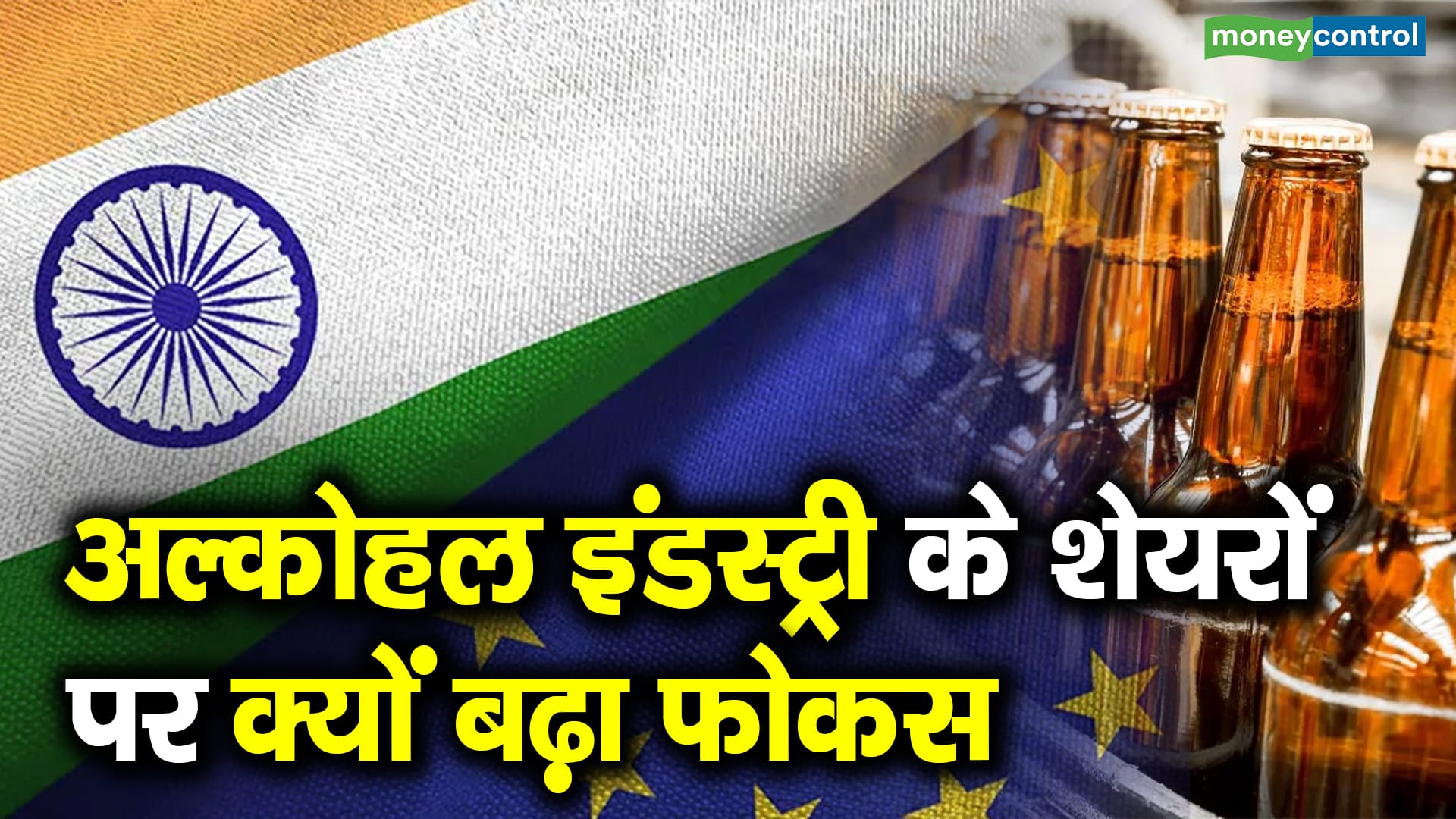Introduction
The Free Trade Agreement (FTA) discussions between India and the European Union (EU) have significant implications for various sectors, particularly the alcohol industry. As both sides negotiate terms, understanding the impact on markets and trade can help stakeholders navigate these changes. In this article, we will explore the key sectors affected by the FTA meeting, the alcohol industry’s current focus, and the specifics regarding import duties on whisky.
Impact of FTA on Different Sectors
The ongoing discussions regarding the FTA between India and the EU could reshape several sectors, including textiles, automobiles, and pharmaceuticals. However, one of the most notable areas receiving attention is the alcohol industry due to the proposed changes in import duties.
Key Sectors in Focus
| Sector | Potential Impact |
|---|---|
| Textiles | Increased competition with EU imports could challenge local manufacturers. |
| Automobiles | Tariff reductions may boost European car imports leading to price competition. |
| Pharmaceuticals | Improved access to European markets for Indian drugs, but regulatory challenges may arise. |
| Alcohol | Negotiations around whisky import duties are drawing significant attention. |
Alcohol Industry in the Spotlight
The alcohol sector is currently under focus due to India’s whisky exports and the EU’s request for a reduction in import duties. The EU has expressed a desire for India to cut import duties on whisky to facilitate smoother trade relations. This issue is particularly crucial as it could enhance the competitiveness of Indian whisky brands in international markets.
Import Duty Discussions
The EU has demanded that India reduce its import duty on whisky significantly. Currently, India imposes a high import duty that makes it challenging for foreign brands to penetrate the market effectively. The negotiations aim to strike a balance where both Indian manufacturers and EU exporters can benefit from reduced tariffs.
What India Can Offer
India has the potential to lower its whisky import duty. While the specifics are still under discussion, a significant reduction could lead to increased trade volumes and enhanced collaboration between Indian and EU distilleries. This would not only benefit consumers with more choices but could also position India as a key player in the global whisky market.
Conclusion
The ongoing negotiations between India and the EU present a critical opportunity for various sectors, especially the alcohol industry. The outcomes of these discussions will not only shape the current market dynamics but also set the stage for future trade relations. As stakeholders keep a close eye on developments, understanding the implications of these changes will be vital for strategic planning and investment.











